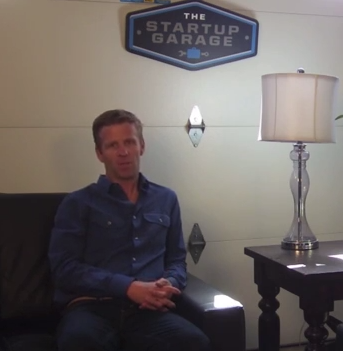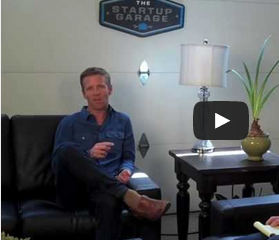Business Plan Writer vs. Business Plan Strategic Consultant

People often ask me, “What are my options for writing a business plan?” At the highest level, there are two options, writing it yourself or hiring someone else to do it for you. The benefits of writing the business plan yourself are that you will save money and you will learn a lot about your […]
San Diego Startup Events July Wrap-Up

CyberTech & CyberHive — IoT Pitch Night Monthly Free monthly event hosted by CyberHive, an incubator and shared working space dedicated to cyber security and high tech companies — this “pitchfest” gave 7 different companies the floor to present for 3 minutes (and not a second longer) in front of a panel of judges and […]
What’s the Biggest Challenge For New Entrepreneurs?

Welcome to video Fridays from The Start Up Garage A place where Tyler Jensen, The Startup Garage’s founder, answers questions directly from viewers Key Take Aways From Video: 1. The biggest obstacle that new entrepreneurs tend to face is really overcoming their personal limitations. 2. As a new entrepreneur you need to be coachable, which […]
HBO Show Silicon Valley Shines The Spotlight on Business Planning
The clip below provides accurate yet comical insights into a typical angel investor meeting. Key Take Aways From Video: Investors are in the business to invest in companies, not just products. Investors are not guidance counselors for your Startup. Investors are smart and sophisticated, they want you to be prepared. There are key Milestones investors […]
Is a Business Plan Necessary?

Welcome to video Fridays from The Start Up Garage A place where Tyler Jensen, The Startup Garage’s founder, answers questions directly from our viewers. Key Take Aways From Video: 1. When starting a business you will almost always want a business plan. 2. Even if you do not need investors or a business partner, a […]
What Do Investors Want in A Professional Business Plan?

Welcome to video Fridays from The Start Up Garage A place where Tyler Jensen, The Startup Garage’s founder, answers questions directly from our viewers. Key Take Aways From Video: 1. Investors want to see a clean, professional looking, honest, and reasonable assessment of the business. 2. Investor wantwell-sourced research sections, which include the market, industry, […]
Trademarks, Copyrights, and Patents

When starting a business, one thing to think about is security. Not just the security of your business in general, but security of your ideas and what you have created. This is where things such as trademarks, copyrights, and patents come in to play. These are ways to assure that your business is safe from […]
Stage 2 of Non-Profit Incorporation: Planning

Create a Business Plan Beyond the Mission Statement and Purpose that you have already drafted, you should create an entire business plan that will serve as a roadmap as you get your operations started. The Business Plan includes your mission and purpose, but also provides detail on all aspects of your business: the budget and […]
Overview of the Types of Non-Profits

Now that you have decided to start a non-profit organization, you must consider which legal structure you wish to use. The most common form of non-profit is the non-profit corporation, and later in this blog series I will explain how you can file for incorporation if you wish to do so. If you don’t want […]
Sales Forecasting Success

One crucial part of a complete business plan is your sales forecast. This component is the basis of a company’s financial projections and should be given high priority when creating a marketing plan. The future direction of the company may rest on the accuracy of your sales forecasting. There are many ways to forecast sales. […]

